If you want to pursue a Ph.D. in Veterinary Bacteriological research, there are several requirements you must satisfy. You must have a master's degree in any field in order to apply for this program. You will also need to have a research interest related to the field. The focus of this section is on the role of microbial agents in animal and human health, as well as in financial matters. The subject area focuses on pathogenic bacteria, which make creatures prone to affliction. Infection can lead to ill health, as well as a financial catastrophe.
Veterinary bacteriology research focuses on the identification and isolation of microorganisms that cause disease in animals and humans. It requires extensive laboratory procedures and samples from tainted creatures. Upon completion of the study, the causative agents are identified and eradicated. These scientists can also be involved in the development of vaccines and treatments. This field of study has a wide scope.
In veterinary bacteriology, students learn how to identify and separate pathogenic microorganisms from those that cause disease. These studies require extensive laboratory procedures and the collection of samples from tainted creatures. Proper examination in a research facility will pinpoint the agent(s) responsible for the disease. The research field is highly important to the industry as it provides vital information for animal health.
Ph.D. in Veterinary Bacteriology Eligibility
Candidates who want to take admission in Ph.D. must have a post-graduate degree in Veterinary Bacteriology and its relevant discipline with at least 55% marks from a recognized university and must have passed the national level entrance examination or university level entrance examination. National level entrance exams like UGC NET / UGC CSIR NET / GATE / SLET or University entrance exams consist of written tests and personal interviews.
The Benefits of a Ph.D. in Veterinary Bacteriology
The Ph.D. in Veterinary Bacteriology focuses on basic and applied science to develop new knowledge. This degree prepares veterinarians for a wide range of careers. The dual-degree program emphasizes the scientific method, clinical veterinary medicine, and graduate-level research. It also provides the training to work independently as an independent scientist. Here are some advantages of a Ph.D. in Agricultural and Veterinary Bacteriology.
The Ph.D. in Veterinary Bacteriologists are highly qualified to perform the research and teach the field. This is why a Ph.D. in Veterinary Bacteriology is a prestigious degree. The program focuses on the study of infectious diseases and their control. Students are trained for leadership positions in government, academia, and the biomedical industry. The coursework for a Ph.D. in Agricultural and Veterinary Bacteriology varies according to the student's interests and career goals. After the preliminary oral examination, students take 24 credits of thesis research.
The MDTP offers two paths. Students can choose to pursue a DVM or Ph.D. program concurrently. The concurrent degree requires students to complete the first five semesters of the DVM curriculum while pursuing their Ph.D. The degree is accredited by the Graduate School and includes stipends for graduate research training and tuition support. After completing all requirements for the degree, students receive a full waiver of the DVM program's tuition fees.
The Career Opportunities of Ph.D. in Veterinary Bacteriology
The program prepares veterinarians to become board-certified by the American College of Veterinary Microbiologists. The coursework includes post-D.V.M. training in diagnostic microbiology and original research in infectious diseases. The trainees gain exposure to the latest laboratory techniques and research programs and participate in case discussions with undergraduate microbiology students. They are also exposed to the latest in diagnostic and treatment technologies. They develop recommendations for follow-up investigations of special interest cases.
The graduate program offers interdisciplinary and interdepartmental training in the fundamentals of veterinary bacteriology. The faculty provides course instruction, research training, and an environment that promotes multidisciplinary learning. In addition to the courses and research, the graduate program also supports a whole animal imaging facility on campus. The school's state-of-the-art equipment and facilities allow students to conduct research on a wide range of topics.
After graduation, graduates will find themselves in a wide variety of research and teaching positions in the field. They may also pursue a career in industry or government. This doctorate degree prepares graduates for a variety of career paths. Some may choose to work in academia and research, while others choose to work in the field. These graduates may work in academia, government agencies, or the pharmaceutical industry.
The Future Scope of a Ph.D. in Veterinary Bacteriology
There are many veterinary medicine jobs out there, but what is the future scope of a Ph.D. in Veterinary Bacteriological? This is a field that requires advanced degrees, such as a Ph.D., to become a professor. The field of veterinary medicine is rapidly growing, and many people are looking for new ways to make their jobs more rewarding.
A Ph.D. in Veterinary Bacteriological sciences will train you to become a veterinarian. This field involves a variety of environmental, community, and social activities. Thus, it requires a diverse education. Basic computer skills are also helpful. You may have a background in veterinary biology, but if you want to specialize in a specific field, a Ph.D. in Biological Sciences will be a good choice.
A Ph.D. in Veterinary Bacteriological Sciences will prepare you for a career in animal health. You will be well-prepared for a variety of careers in this field, including clinical practice and research. You will learn about the latest techniques and technologies in diagnostics and treatment. During your graduate program, you will also develop the skills necessary to become a veterinarian.
Ph.D. Research Programme duration
The Ph.D. in Veterinary Bacteriology course is a minimum of 3 years and a maximum of 5 in duration. This depends on the university offering the course.
Fees for research program for Veterinary Bacteriology
The average fee for Ph.D. in Veterinary Bacteriology degree is between INR 50000 and INR 500000.
 5 Years
5 Years
 PhD
PhD
 Research
Research







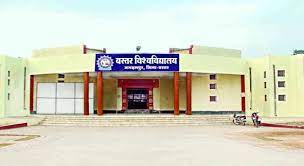


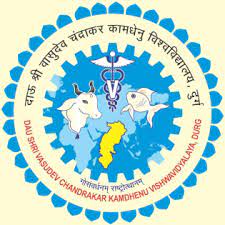
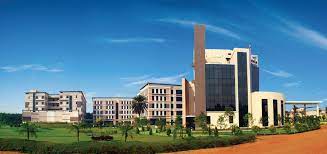


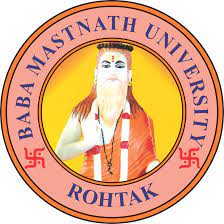


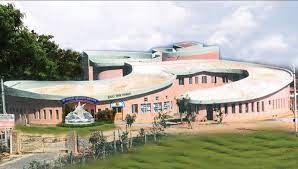


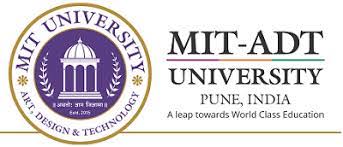

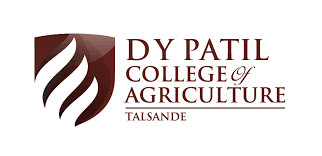

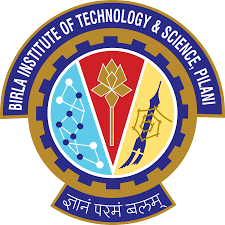
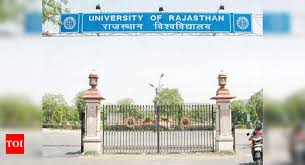
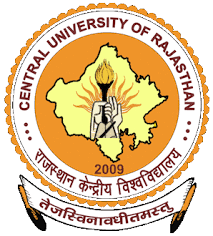
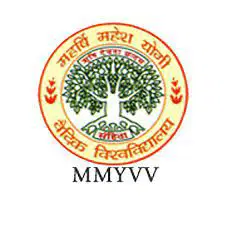
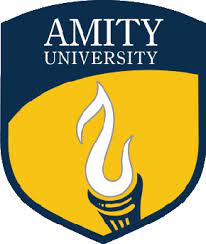


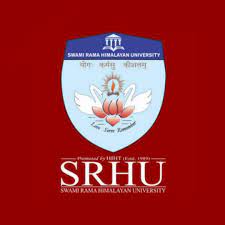

 back
back